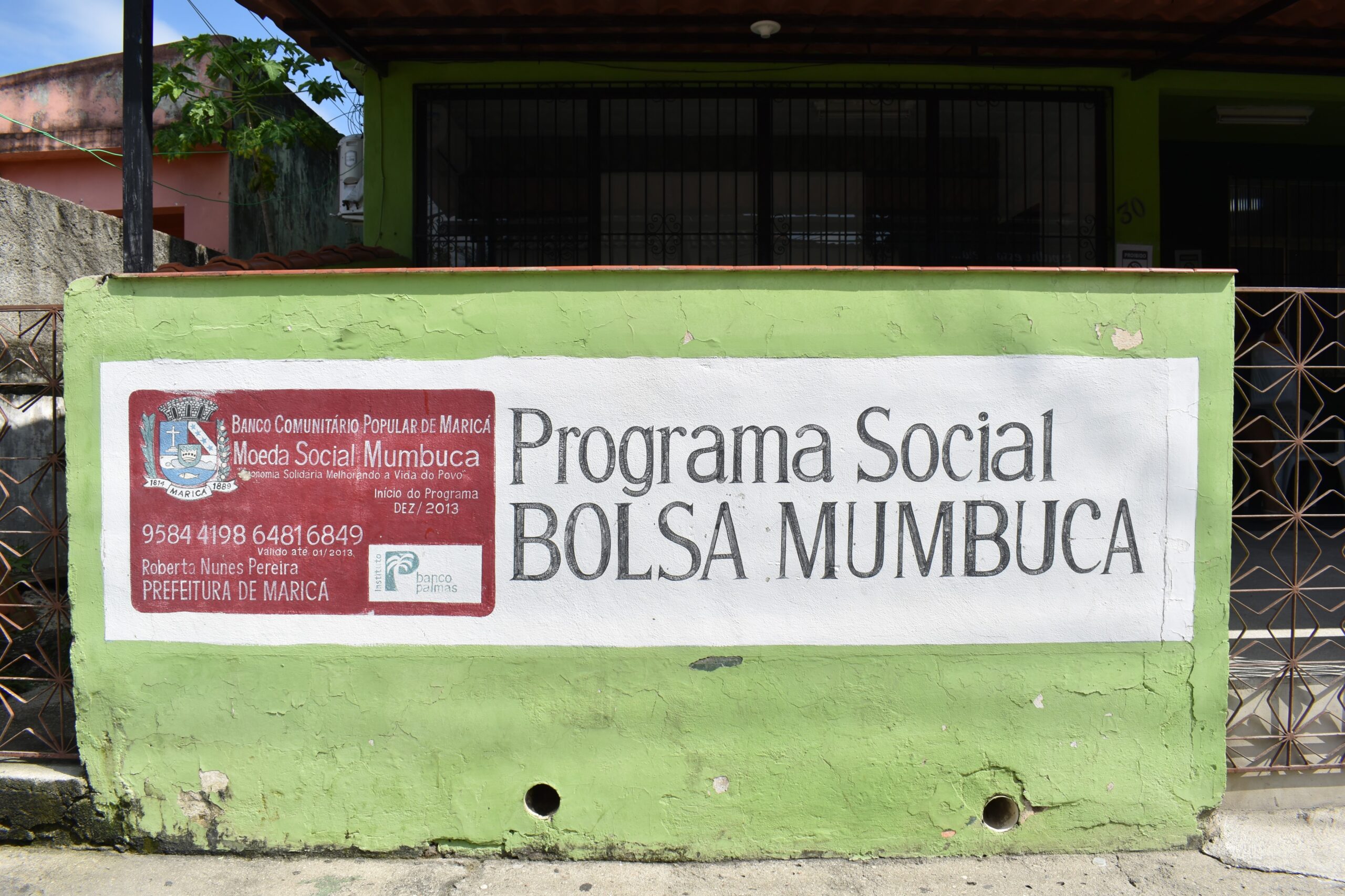Op-ed in The Hill from JFI experts on ‘the shape of guaranteed income’

While COVID-19 has exacerbated existing inequality and poverty, 16% of Americans could not pay their bills at the end of 2019 even before the pandemic hit. NYU Professor Jonathan Morduch and JFI Director of Research Sidhya Balakrishnan published a vital op-ed in The Hill advocating for a guaranteed minimum income to continue to be considered as part of the immediate and long term steps to give individuals and families financial stability to meet their needs.
While much interest has emerged for guaranteed income or basic income in the context of the pandemic, the authors underscored that “economic insecurity is experienced differently” by various people, whether a family or a single-parent household, and that a guaranteed income policy can and should be designed to effectively meet the varied needs. The “shape” of a guaranteed income is the subject of JFI’s research, with support from researchers at New York University and Princeton University, including Sewin Chan, Sara Constantino, and Johannes Haushofer who supported the writing of this op-ed. The piece explains the design of various proposed cash transfers, whether the Stockton pilot of $500 a month, Andrew Yang’s $1000 a month, or other proposals for annual lump-sums. As the authors assert, “the details matter.”
From the piece:
“This is the time to try new policies — and not just new policies but different versions of those policies that meet the different needs of people across the country.
“The current confluence of events — uprisings against racialized police violence, a global pandemic, an unfolding economic crisis — have created a desire for change. With everything else that’s going on, families shouldn’t also lose sleep worrying over how to meet basic needs. Cash transfers won’t solve society’s problems, but, with the right design, a guaranteed minimum income can be part of solutions.”
Read the full piece here.
Thank you to The Hill for publishing this important piece as greater interest in guaranteed minimum income emerges across the country.
Related
HudsonUP Basic Income Pilot releases year four report
Qualitative and quantitative research on how guaranteed income has affected recipients.
Household Responses to Guaranteed Income: Experimental Evidence from Compton, California
Press release: New evidence on GI from a randomized controlled trial.
New Release: First paper from the Maricá Basic Income Evaluation
Diverse impacts of the largest basic income program in Latin America on socioeconomic outcomes; crisis response use-case


